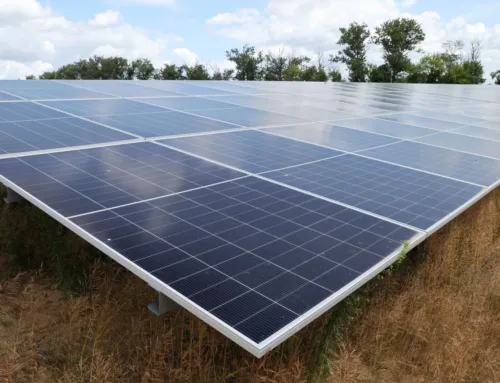Study: Cannabis Abstinence And Driving Performance
September 21, 2025
A US study on medical cannabis use and driving impairment has implications for Australia lawmakers considering changes to local driving laws.
In Australia, it is illegal in most states and territories to drive with any level of detectable THC, the intoxicating cannabinoid most commonly associated with marijuana’s high. This is regardless of whether the driver has been legally prescribed medical cannabis. The problem is THC can be detected weeks after it was last consumed.
But a study out of the Center for Medicinal Cannabis Research (CMCR) at the University of California San Diego School of Medicine suggests the driving performance of frequent cannabis users is not impaired after at least 48 hours of abstinence. This doesn’t mean to say it is prior to this timeframe past the initial window of impairment — it was just the abstinence period chosen.
The researchers analyzed data from a randomized clinical trial that assessed the driving performance of 191 cannabis users who had abstained for at least 48 hours. They also looked at another comparing a subset of the most frequent users from the first study with a small comparison group of people who don’t use cannabis.
The researchers didn’t find any relationship between driving performance, cannabis use history or time of abstinence, nor blood THC concentrations.
“Of note, the most intensive users from the group, who mostly used cannabis daily and smoked an average of four joints per day, did no worse during this period of abstinence than a healthy, non-using comparison group,” said the study’s senior author Thomas Marcotte, Ph.D., who is a professor of psychiatry at UC San Diego School of Medicine.
In their conclusion, the researchers state:
“Future research should explore whether short-term residual effects exist for driving performance via the use of more complex driving tasks, incorporating larger non-using control groups, and better controlling for possible confounds such as cannabis withdrawal effects.”
The study has been published in the journal Psychopharmacology.
Closer to home here in Australia, earlier this month we reported on another push for a more just approach to medical cannabis use and driving in New South Wales. Several other Australian states and territories are also looking into the situation.
Back in 2021, researchers at Australia’s Lambert Initiative for Cannabinoid Therapeutics at the University of Sydney found a ‘window of impairment’ of between three and 10 hours resulting from moderate to high doses of THC — and it varies greatly between users. Another more recent study from the Lambert Initiative suggested little next day impairment is experienced by insomnia patients using cannabis medicines containing THC at night.
Search
RECENT PRESS RELEASES
Related Post




